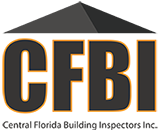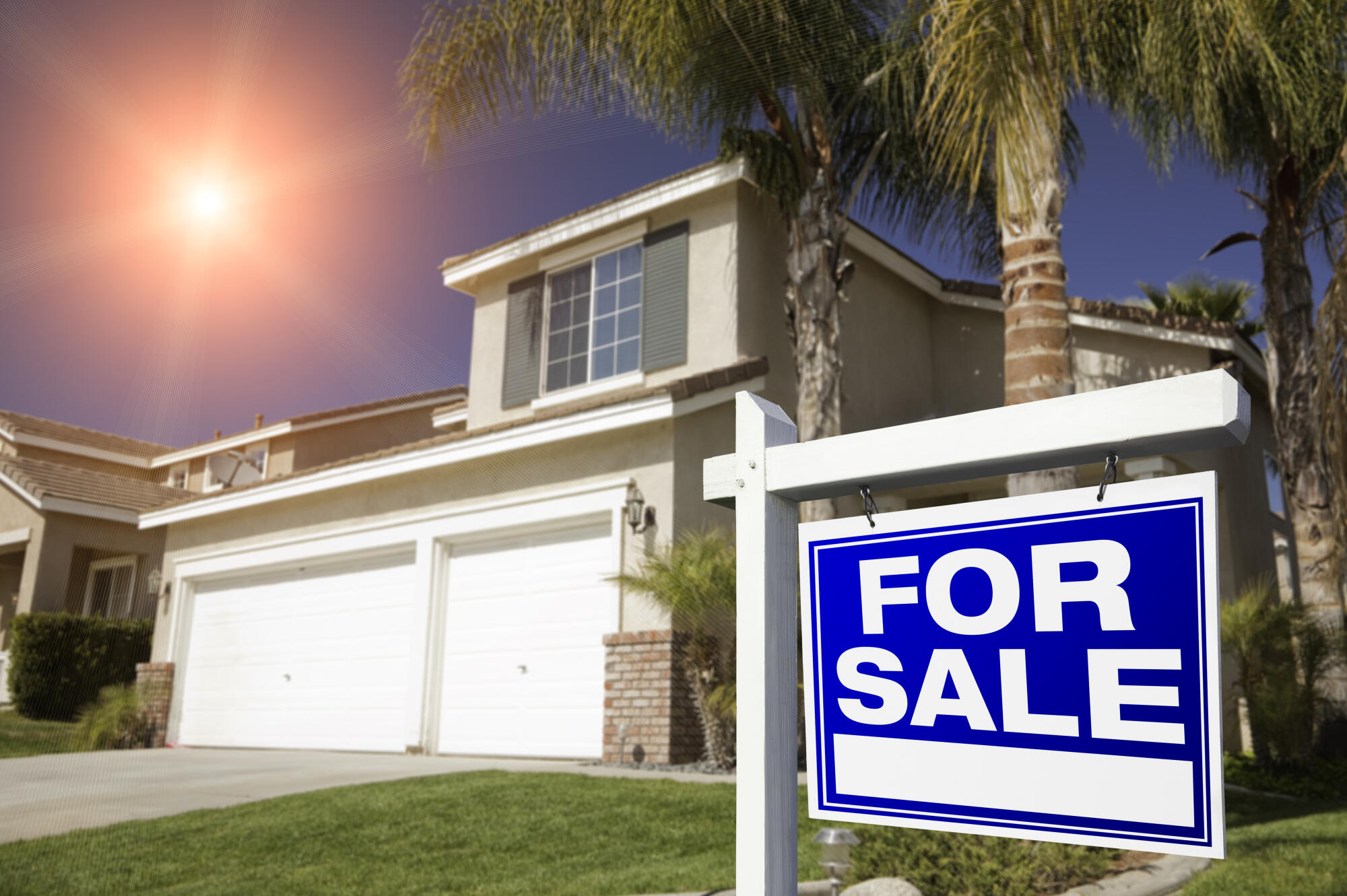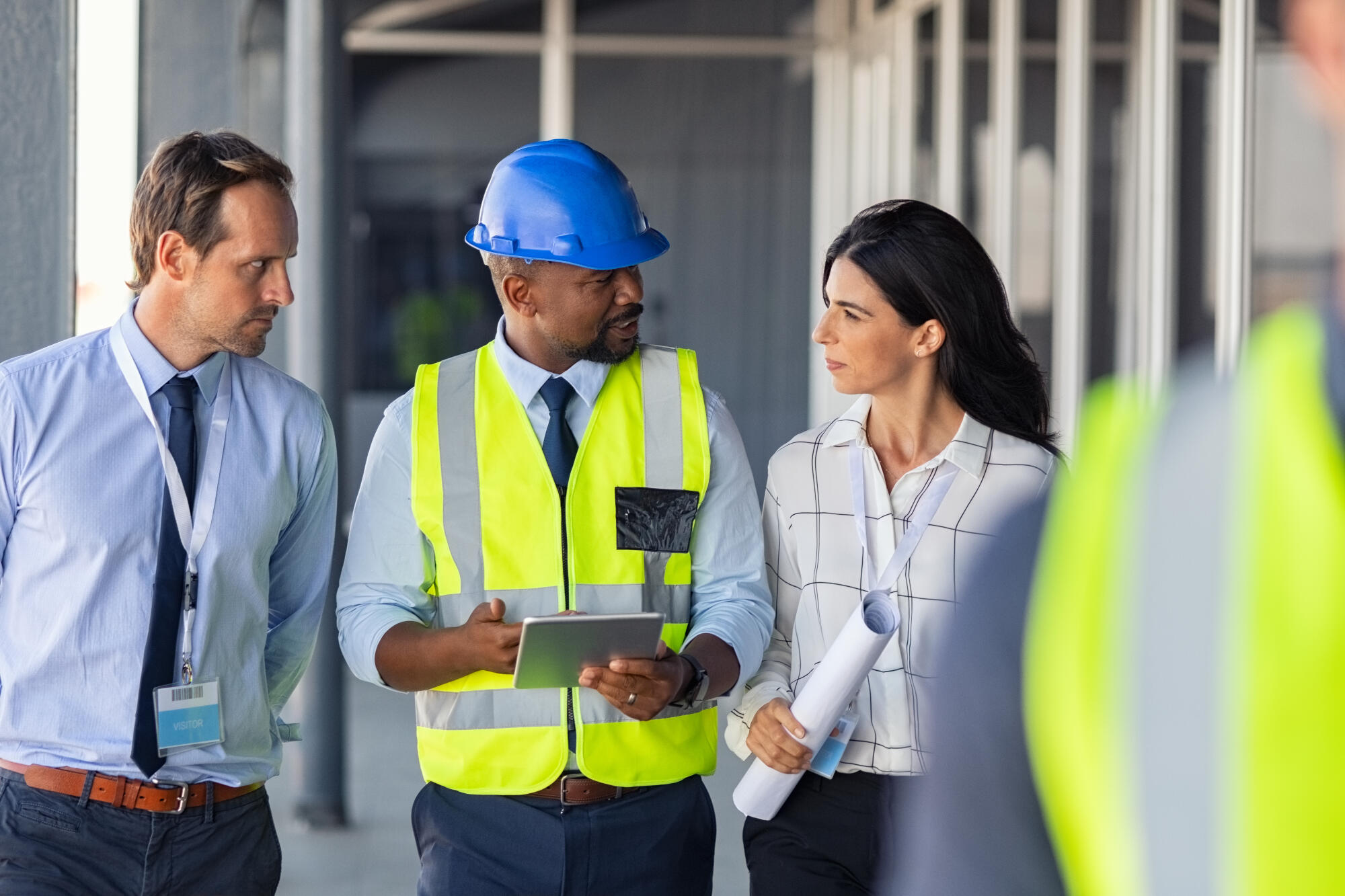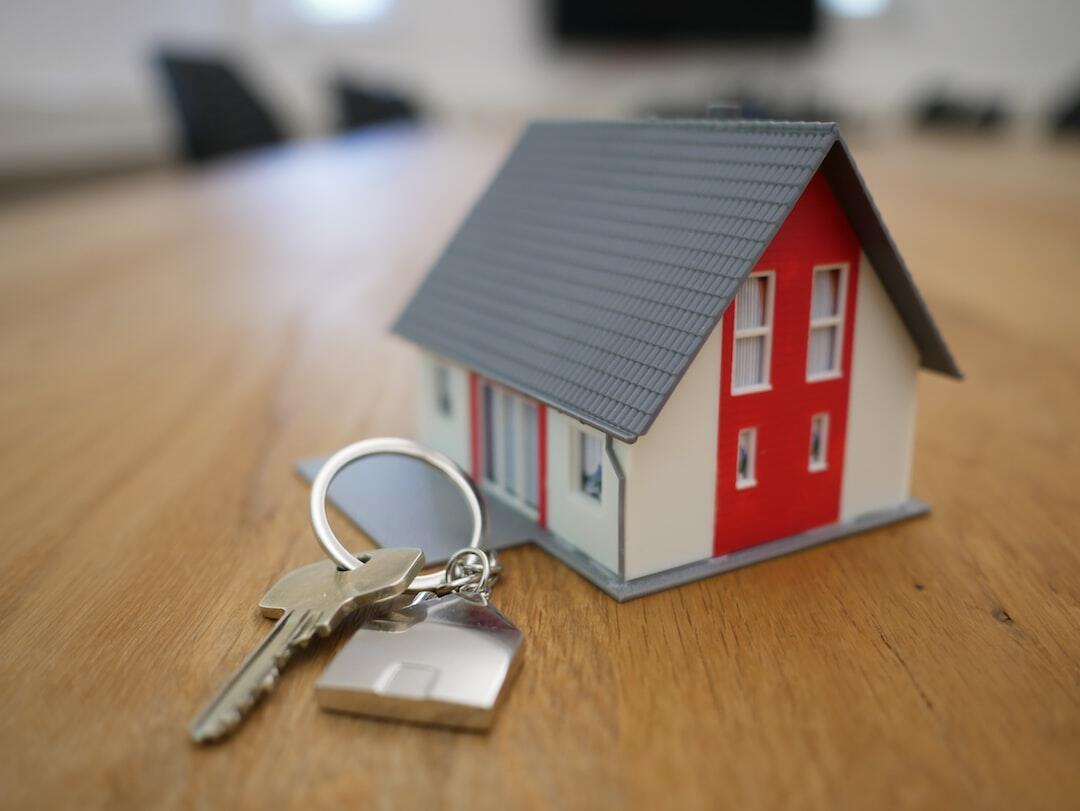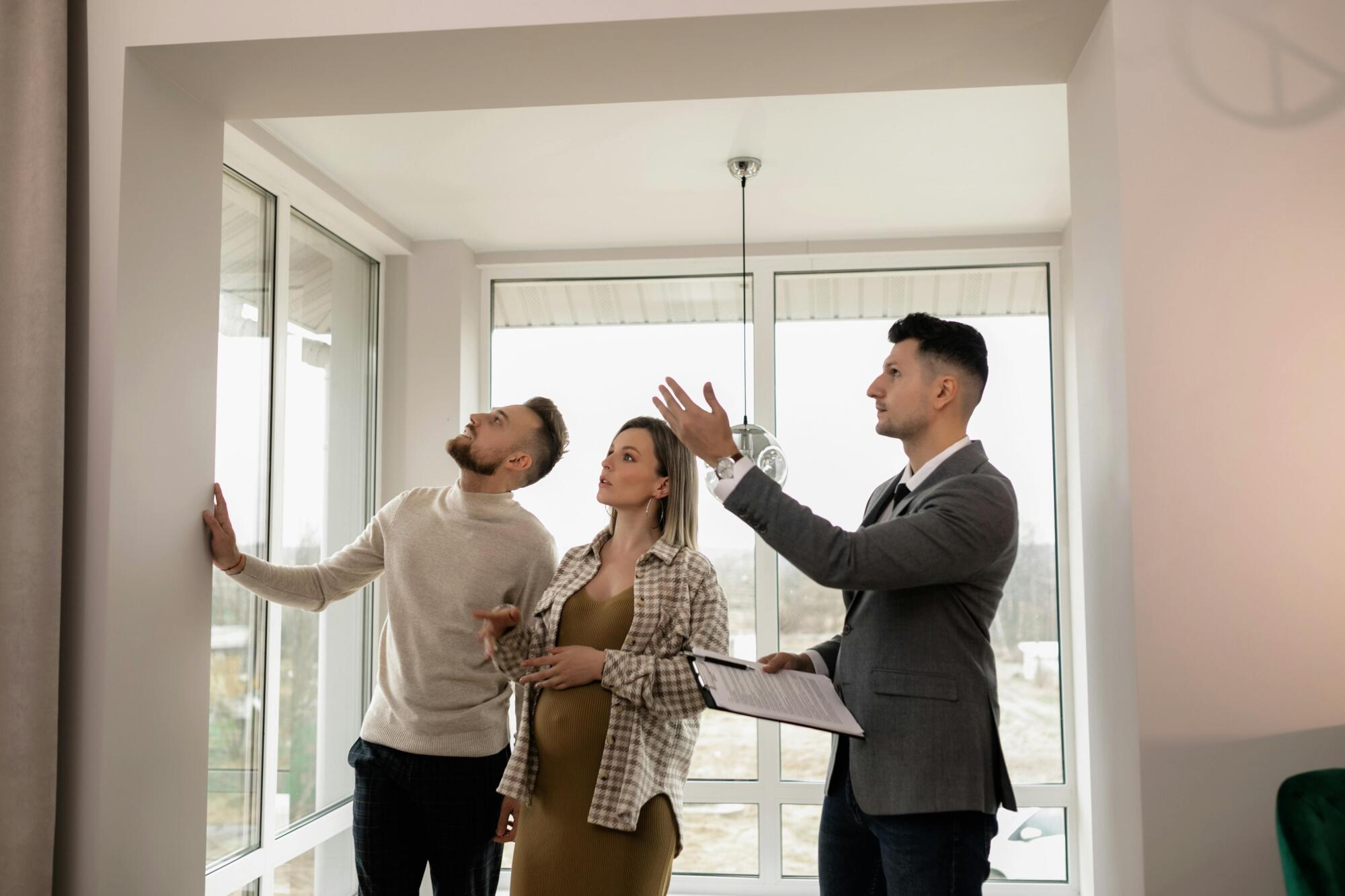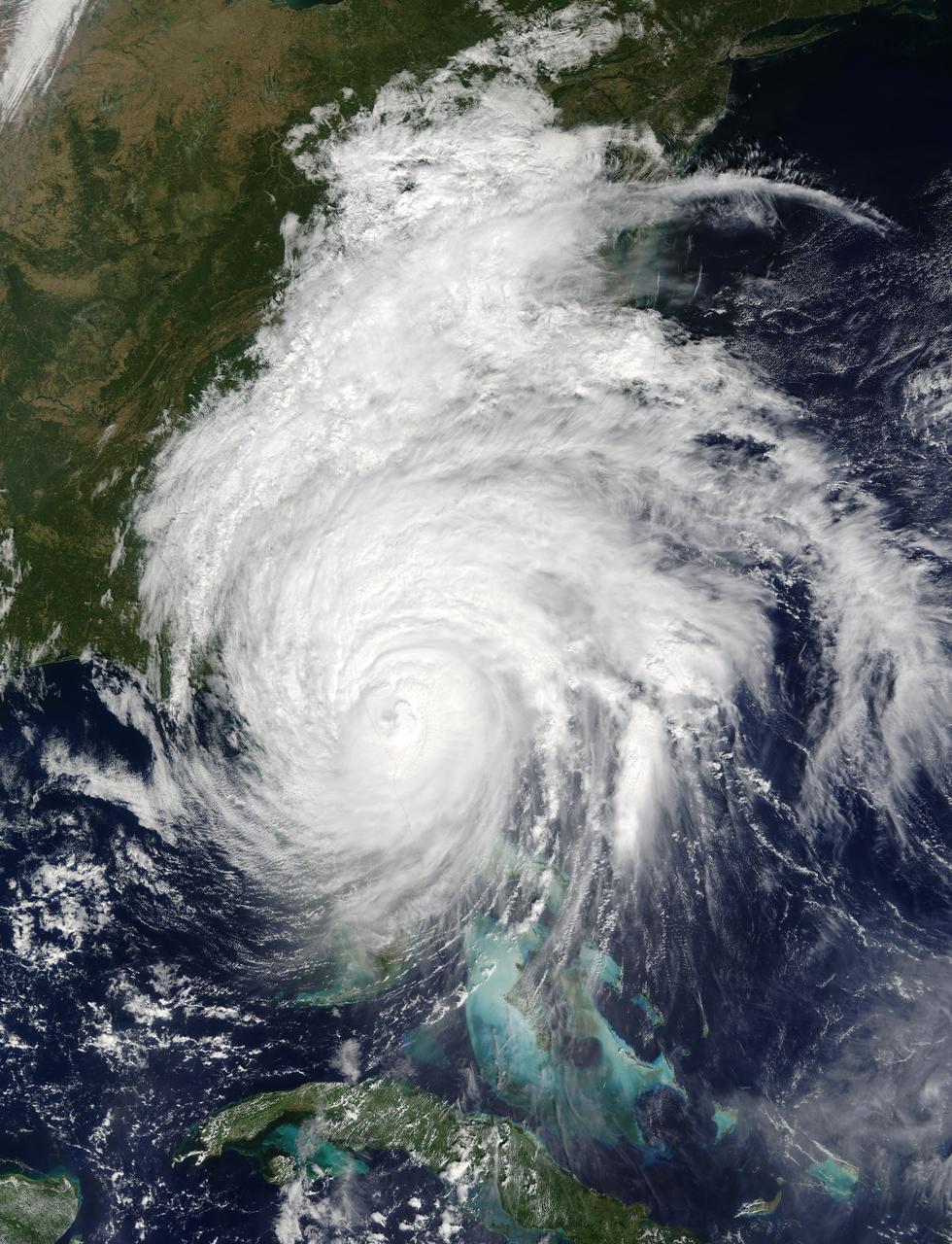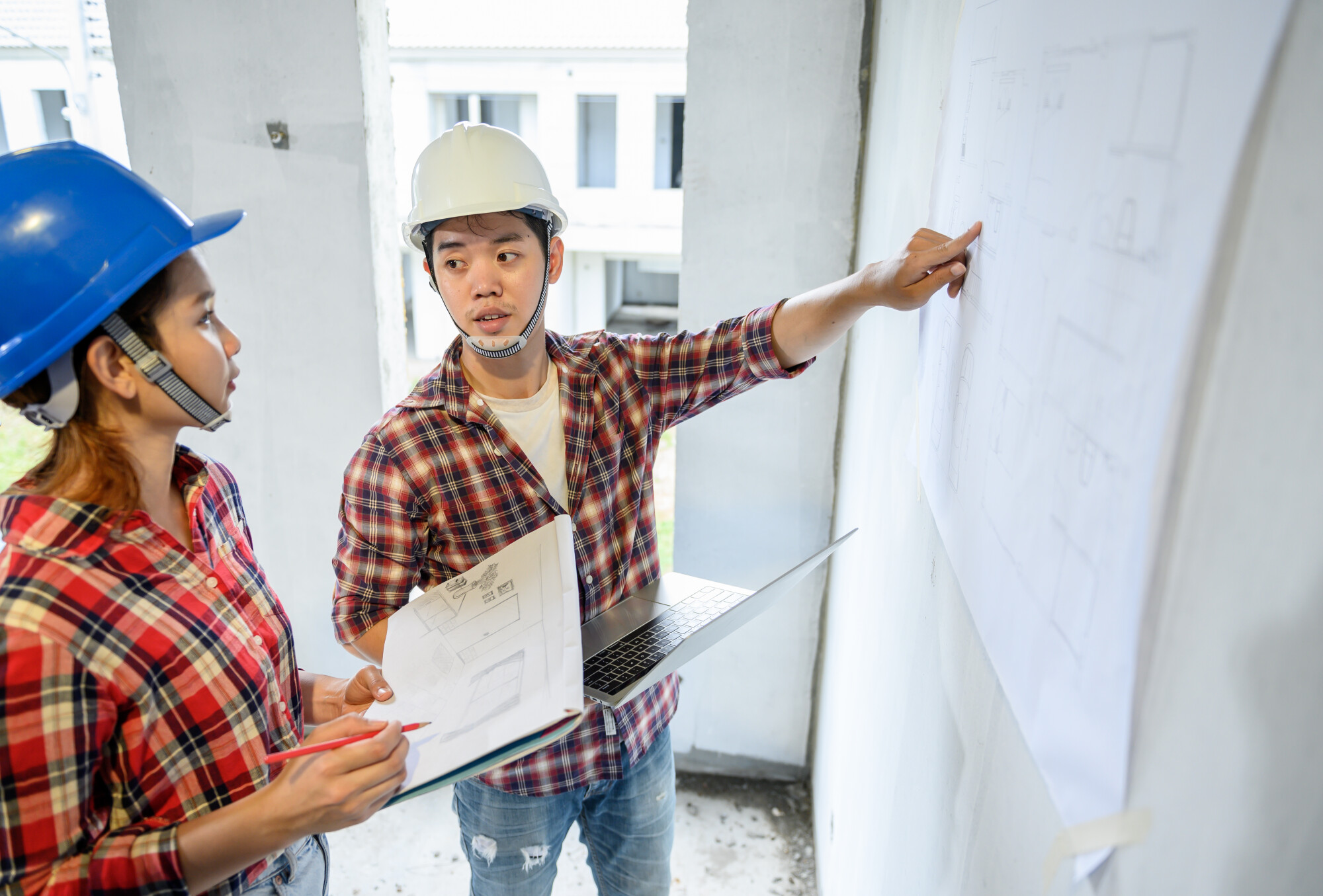A post by LLCBuddy, citing a poll by Porch, found that 88% of buyers sourced home inspection services during their most recent purchase.
This shows how essential this step is when purchasing a house. But what does a home inspector do, and why does it matter? Knowing their duty can help you see the value of seeking their services before closing a deal.
You might wonder if a home inspection is something you can skip. After all, buying a house comes with major expenses like down payments, moving costs, and closing fees.
Skipping a home inspection can be a significant mistake. Discover what a home inspector does and why hiring one is worthwhile.
Examines the Roof
A home inspector checks the roof for:
- Visible damage
- Age and wear
- Potential leaks
- Missing or damaged shingles
- Rusted or loose flashing
- Proper gutter and downspout function
They also look for sagging areas or soft spots that may point to rot or structural issues. Poor drainage can lead to:
- Water damage
- Mold
- Costly repairs
The roof is one of the most expensive parts of a home to fix, so this step in the home inspection process is essential. Understanding the roof’s condition helps you plan for repairs and avoid future unexpected expenses.
Evaluates Plumbing Systems
During the inspection, all visible plumbing is evaluated for:
- Leaks
- Corrosion
- Clogs
Inspectors run faucets, flush toilets, and check drains to ensure functionality. They assess water pressure and look for signs of damage or outdated materials like lead or galvanized pipes.
The water heater is also inspected to verify its condition and functionality. Plumbing issues can lead to:
- Costly water damage
- Mold
- Higher utility bills
By catching problems early, you can ask the seller for repairs or prepare for future upgrades. The inspection gives peace of mind and can prevent nasty surprises after move-in day.
Inspects the Foundation
The inspector walks around the house and checks the foundation for:
- Cracks or fractures
- Signs of shifting or settling
- Water pooling near the base
- Uneven or sloping floors
- Sticking doors or windows
- Gaps around the frame or exterior walls
These issues can signal foundation problems that may affect the home’s safety and long-term value. Foundation damage isn’t always visible to an untrained eye, which is why a professional foundation inspection is essential in the buying a home steps.
For reliable home inspection services in Tampa, Ocala, Orlando, and Volusia, consider Central Florida Building Inspectors. We’re a family-owned business with decades of experience serving Central Florida. We take pride in clear communication, thorough reports, and personal walkthroughs of problem areas.
Assesses Electrical Systems
To ensure all electrical safety standards are met, inspectors check:
- The electrical panel
- Interior and exterior wiring
- Light fixtures and ceiling fans
- Outlets and switches
- Ground fault circuit interrupters (GFCIs)
- Smoke and carbon monoxide detectors
They confirm there’s no exposed wiring or double-tapped breakers, both of which can be serious fire hazards. GFCI outlets in kitchens and bathrooms are tested to ensure they shut off properly when needed. Inspectors also determine whether the system can support modern appliances and electronics.
Older homes often have outdated or overloaded systems that require upgrades. As part of professional real estate inspection services, this check helps protect you from hidden dangers and unexpected electrical repair costs.
Checks Heating and Cooling Systems
A home inspector examines the HVAC system, including:
- Furnaces
- Air conditioners
- Ductwork
- Thermostats
- Air filters
- Vents and registers
They turn the system on and off to confirm it works as expected. Inspectors look for:
- Signs of wear
- Leaks
- Lack of maintenance
If the unit is old or underperforming, it may not heat or cool efficiently.
They also note inconsistent temperatures or unusual noises. Replacing HVAC systems can be costly, so understanding their condition helps you plan ahead.
Reviews Attic and Insulation
The attic tells a lot about a home’s condition and energy efficiency. Inspectors check for:
- Proper ventilation
- Signs of pests or rodent activity
- Roof leaks
- Mold or mildew
- Sagging or damaged framing
- Fire hazards near insulation
They also evaluate the amount and quality of insulation, checking whether it meets current energy standards. Poor insulation can raise utility costs and make it harder to maintain comfortable indoor temperatures. Dark stains or warped wood may indicate hidden water damage.
Inspects Windows and Doors
Windows and doors are checked for :
- Proper sealing
- Smooth operation
- Structural alignment
Inspectors look for:
- Broken or cracked panes
- Rot or soft wood around frames
- Moisture between double-pane glass
- Difficulty opening or closing
- Drafts or air leaks
- Warped or misaligned frames
- Damaged or faulty locks
These issues may seem minor, but can signal larger concerns such as poor installation or aging materials. Air leaks around windows and doors can decrease energy efficiency and raise utility bills. Security is also a concern, especially with loose frames or non-working locks.
Provides a Detailed Report
Once the inspection is complete, the inspector creates a report outlining their findings, which may include:
- Descriptions of inspected areas and components
- Photos highlighting key concerns or damages
- Suggestions for repairs or follow-up evaluations
- A summary of safety issues
- Notes on systems nearing the end of their life
- Maintenance tips for long-term care
You’ll see urgent issues, minor concerns, and items to monitor over time. The report helps you decide whether to:
- Move forward
- Negotiate repairs
- Request a price reduction.
It’s also a handy reference after you move in. As the final step in the home-buying process, the report translates inspection results into actionable insights to protect your investment.
What Does a Home Inspector Do? A Clear Summary for Buyers
So, what does a home inspector do? They examine the major systems and structures of a home, from the roof to the foundation, helping you uncover hidden problems before finalizing your purchase.
Their detailed report gives you the insight to make confident decisions and avoid costly surprises. Whether you’re buying your first home or your fifth, an inspection is a vital step toward making a smart investment.
At Central Florida Building Inspectors, we’ve proudly served the region since 1988, offering 36 years of expertise in thorough, honest inspections. When you call us, you speak with real experts — not a call center. Let our experience work for you.
